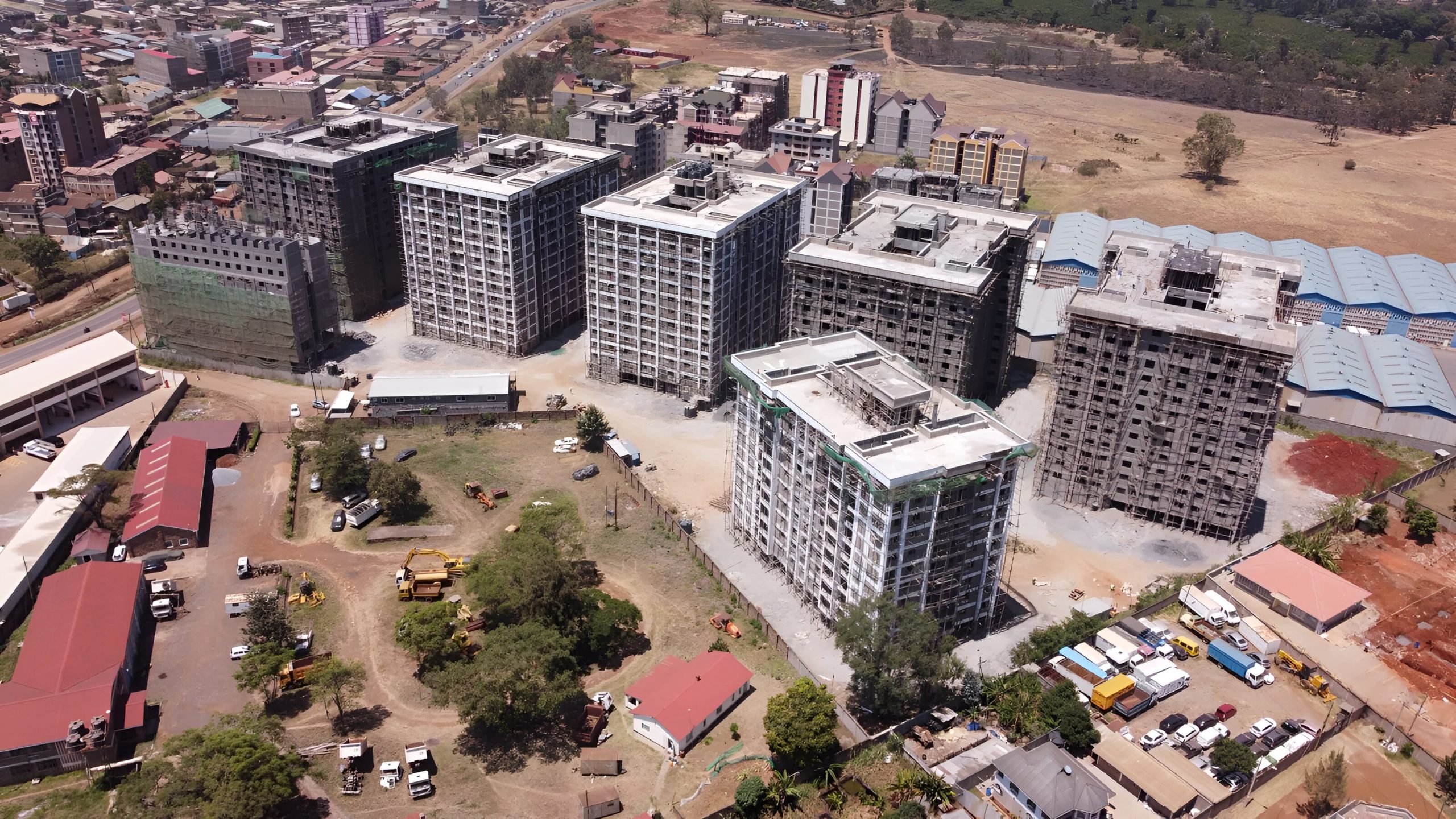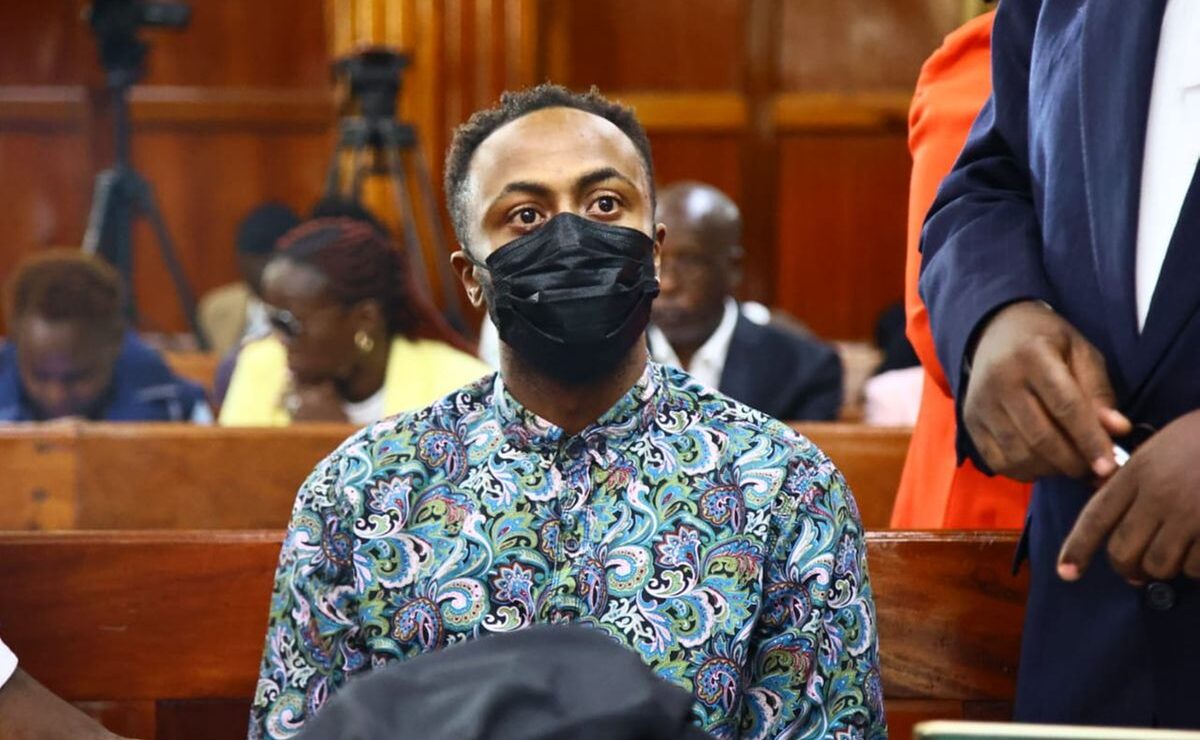Showdown Looms as Heavy Police Presence Deployed in Nairobi CBD
A major confrontation is expected on Thursday as police gear up to face “Occupy Parliament” protesters across various parts of the country.
In Nairobi, a significant police presence was visible in the Central Business District and around Parliament Buildings from as early as 6 am. The predominantly young protesters have vowed to march against the Finance Bill 2024.
Despite police declaring the marches illegal, protesters plan to continue demonstrating in several towns. Police headquarters instructed regional commanders to ensure the protests do not disrupt businesses, effectively deeming the gatherings unlawful.
Nairobi police commander Adamson Bungei stated that no official notification of the protest had been received, but he had nonetheless mobilized his forces. More anti-riot police were deployed in preparation for Thursday’s march.
The organizers of “Occupy Parliament” insisted they were ready for a peaceful march and had complied with all legal requirements. This marks the third day of protests, even as the government has reportedly withdrawn some of the proposed tax increases.
Using social media to mobilize, the organizers have laid out an elaborate plan for the protest against the Finance Bill 2024. Police have warned of potential traffic disruptions near the Parliament Building, and authorities have been ordered to “diffuse” the protest from the start.
Disgruntled Kenyans have been rallying on social media under the hashtag ‘Reject Finance Bill’ to gather support and ensure a strong turnout for the protest. “Citizens, rise against over-taxation. Reject Finance Bill 2024,” reads a poster circulating on social media. The organizers have advised protesters to bring placards, handkerchiefs, and bottles of water in anticipation of teargas.
What began as anger on TikTok about the controversial finance bill has evolved into a broader movement, unaffiliated with political parties. On Tuesday, hundreds of protesters, frustrated by what they see as excessive taxation, braved police teargas to march through Nairobi, halting business in the city center. Armed with smartphones, they live-streamed confrontations with police.
The youthful demonstrators, often referred to as Gen Zs, showed up in large numbers, determined to ensure their discontent extended beyond hashtags and memes. Many were first-time demonstrators, carrying signs such as “Do Not Force The Taxes On Us”. Hashtags like “#OccupyParliament” and “#RejectFinanceBill2024” were used to pressure MPs and mobilize protesters.
Efforts to march to parliament were blocked by police using water cannons. Over 200 young protesters were arrested, with some later released after lawyers intervened at police stations. Those unable to join the street protests supported the cause by sharing messages, pictures, and videos on social media.
The absence of clear leadership has made it difficult for police to target the organizers. Despite the police banning the march on technical grounds, protesters insist they have met all legal requirements. Unlike previous politically driven anti-government protests, these demonstrations have not been marked by looting, property destruction, or stone-throwing. However, there are concerns about potential infiltration to discredit the protests in the coming days.
The protesters have emphasized that their movement is devoid of political affiliations or ethnic alignments, focusing solely on their demand to be heard.









